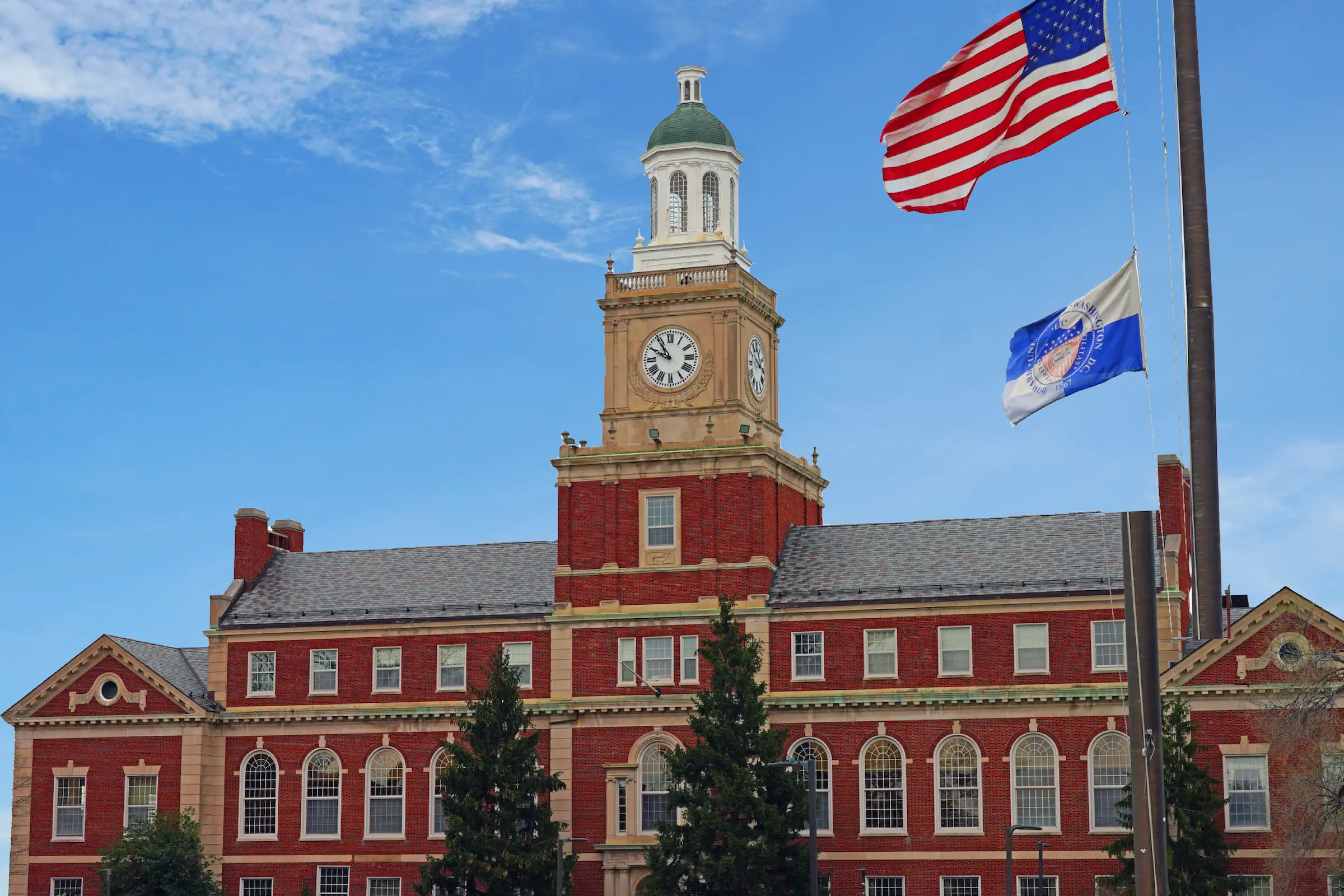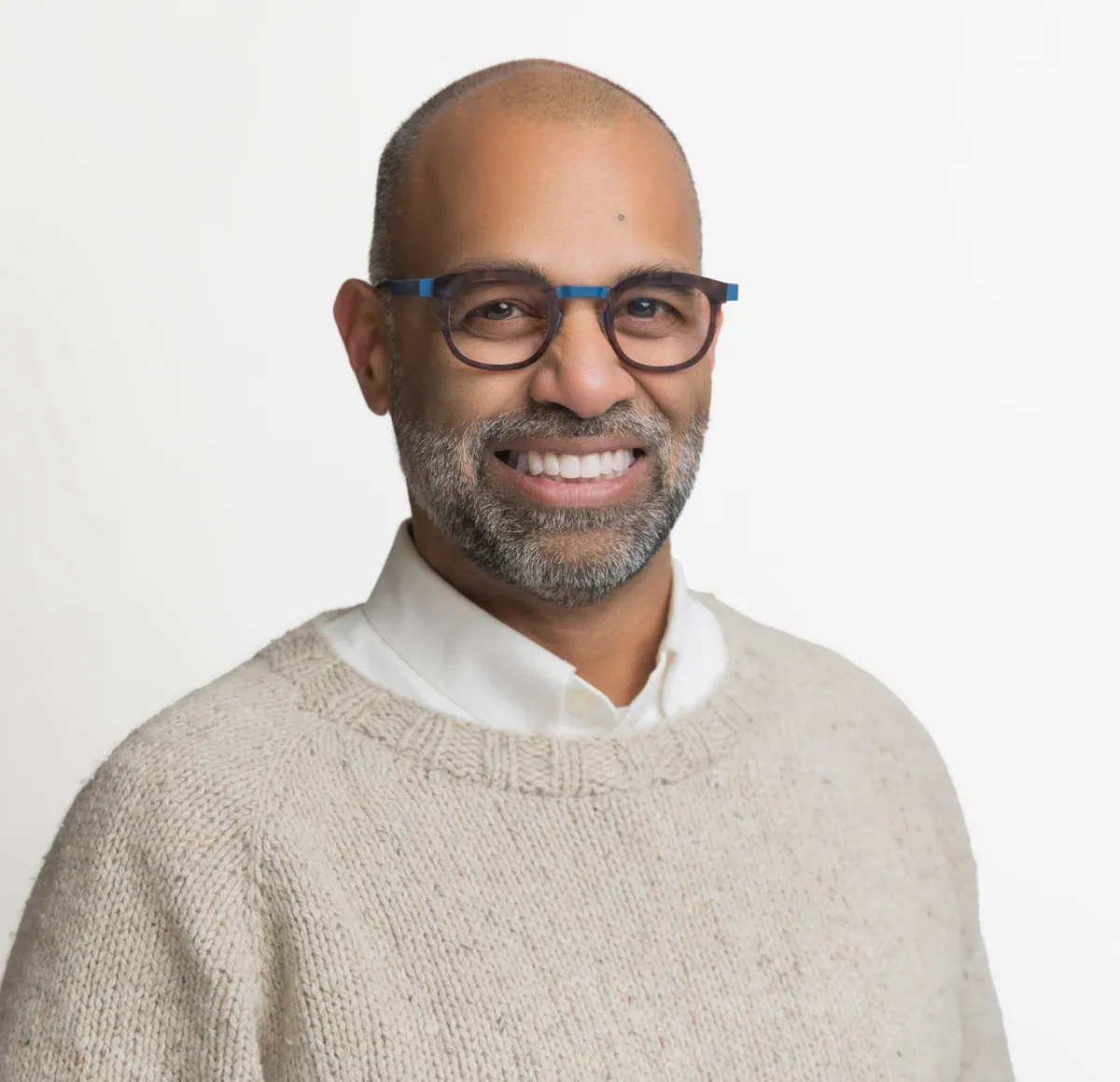College Presidents Face A Civic Test: This Is How They Can Ace It

Confidence in higher education is being tested like never before. Poll after poll shows that the public increasingly questions whether colleges are worth the cost or whether students leave prepared for life beyond the classroom. The critiques are familiar, if at times unfair or exaggerated: debt burdens remain heavy, questions about workforce value persist, and some perceive campuses as intolerant of political or ideological diversity. In this environment, silence from higher education’s leaders only deepens mistrust.
The opening of the new academic year made the stakes clear. Court rulings on speech and governance, a new federal Compact, and state-level interventions are reshaping the landscape almost weekly. The words and actions of presidents’ now define how students, faculty, and the public see their institutions’ role in democracy.
So what should presidents do? I lead College Presidents for Civic Preparedness, a coalition of 100+ campus leaders from a broad array of institutions. These leaders are putting civic purpose into practice and reminding the country what higher education is capable of at its best. A roadmap is emerging.
A Roadmap For Presidential Action
1) Protect Speech Broadly
The North Star must remain: regulate disruption, not ideas. For example, Claremont McKenna College is setting a national standard with policies that safeguard controversial speakers while holding firm against shout-downs. But free speech alone is not enough—colleges must also champion free inquiry, ensuring that faculty and students can pursue research and learning without fear of retribution. Institutions that model these policies transparently send a message that democratic values are more than abstract ideals—they are lived commitments.
2) Equip Students with Civic Skills
Democracy is not a subject to learn, but a muscle to build. At University of Denver, students and faculty are practicing civil discourse through structured dialogues; at Ohio Wesleyan, training now extends across the campus community. Civic skills like dialogue across differences, finding and using reliable information, and collaborative problem solving are foundational to long-term civic health.
3) Invest in Faculty Leadership
Faculty drive culture. At Rutgers University, professors are embedding deliberative dialogue into their teaching, while Dartmouth is investing in campus-wide initiatives that normalize conversation across differences. These faculty leaders are setting the example for open inquiry and civil engagement inside and outside the classroom.
4) Build Campuswide Dialogue Infrastructure
Changing campus culture requires more than one-off events with students who opt in. Embedding dialogue into orientation programs, residence life, and student initiatives can extend impact far beyond the classroom. Institutions like University of Pittsburgh are investing in a campuswide impact strategy that scales the practice of constructive conversation beyond isolated events.
5) Measure What Matters
James Madison University has shown that intentional dialogue programs can reduce polarization and increase openness to opposing views—proof that civic preparedness can be tracked and improved. Metrics like these help leaders assess what’s working and make the case for scaling effective models.
The Bottom Line
Taken together, these steps won’t silence higher ed’s critics—but they will prove that colleges and universities are rising to the civic challenge of our time. By promoting free speech, practicing discourse, and preparing citizens, higher education can build public confidence in its mission and build solidarity in our country.
Building trust won’t happen overnight. But it starts with demonstrating that campuses are places where democracy is not simply studied—it’s lived. By prioritizing civic development, fostering productive conversations, and preparing students for public life, presidents can increase confidence in higher education and prove its value as both a private and public good.
Confidence in higher education may be under strain, but this is also an opportunity for bold leadership, and the time to act is now. Don’t just lead—ignite. Our students, our campuses, and our democracy deserve nothing less.

